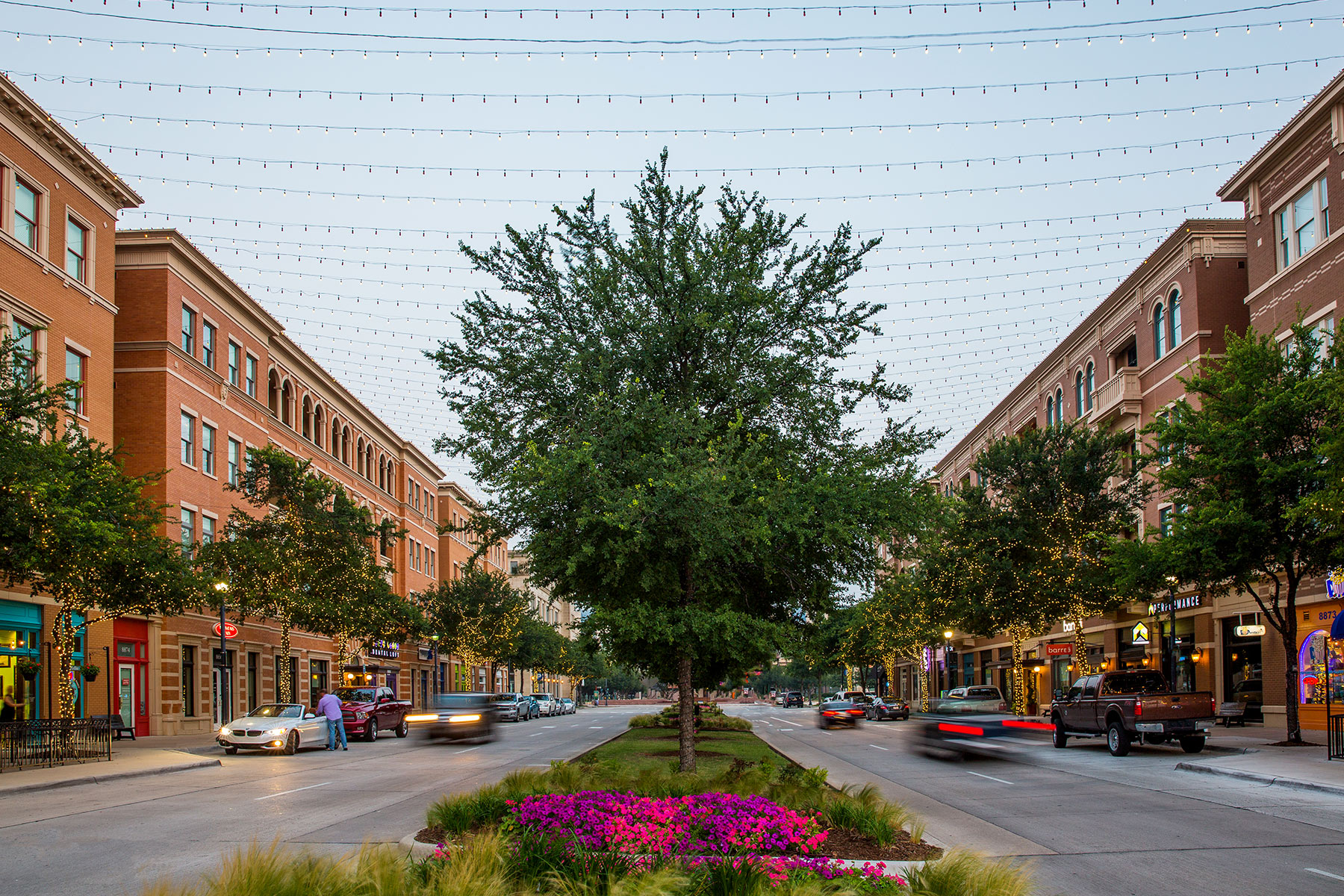On March 9, a Frisco resident became North Texas’ first presumed positive case of COVID-19, the disease caused by the novel coronavirus. In the days that followed, Frisco’s neighbors took action. Dallas, both the city and the county, have been the most aggressive in their actions. It started with the cancellation of the St. Patrick’s Day Parade. Gatherings of 500 or more people were banned. Then came dining in at restaurants, drinking at bars, working out at gyms. All of this, public health experts say, was to slow the spread of the highly contagious coronavirus and give our hospitals their best shot at not being overwhelmed in coming weeks.
But not Frisco, a town of nearly 178,000 residents and one of the fastest-growing cities in the nation.
On Wednesday night, Mayor Jeff Cheney announced that the city would not close restaurants or bars or gyms. In a statement—Cheney hasn’t responded to an email requesting comment—the mayor said the city is “taking a very measured approach where we process information from all perspectives.” It quotes Dr. Mark Gamber, the city’s medical director and public health authority, as saying “restaurants pose no greater risk than a gaming store, grocery store, or other retail locations.”
“We’re choosing to take a tempered approach,” the statement says.
The governor made their decision for them. Gov. Greg Abbott ordered all restaurants, bars, and gyms closed until at least April 3.
Yesterday, Dr. Philip Huang, the head of Dallas County Health and Human Services, briefed the Dallas City Council. There were many questions about transmission. He told the Council that this virus is transmitted primarily through respiratory droplets, often via sneezing or coughing. That’s why it’s so important to stay 6 feet from others and not put yourself in an unnecessary situation where you could be exposed.
“It’s not just casually passing by someone down the hall or something. It’s defined by the close contact or exposure to these respiratory droplets,” Huang said. “Or touching a surface that’s been contaminated and touching your eyes nose or mouth.”
In announcing the restaurant and bar prohibition, Dallas Mayor Eric Johnson noted that the decision was gut-wrenching. People will lose their jobs. Businesses will close. He also said this: “The message that we’ve heard has been consistent: act early, act aggressively, act in the interest of public health first.”
In not making the decision to close bars and restaurants, Frisco has put itself on an island. Denton County has closed bars and dining in (though Collin County hasn’t). Governor Greg Abbott, himself slow on the draw, indeed forced their hand hours after the city made its call. And it’s worth noting that Frisco isn’t the only stubborn holdout in North Texas. Fort Worth had mandated only that its bars and restaurants reduce capacity, not outright close. All Mayor Cheney said is that the City Council will take up the matter during a special meeting tomorrow. Perhaps they will consider extending the governor’s ban.
In the meantime, there have been seven confirmed cases of COVID-19 in the city of Frisco. It is not editorializing to say that the number will increase in coming days. No one can stop that from happening. But we can control how quickly it happens.





